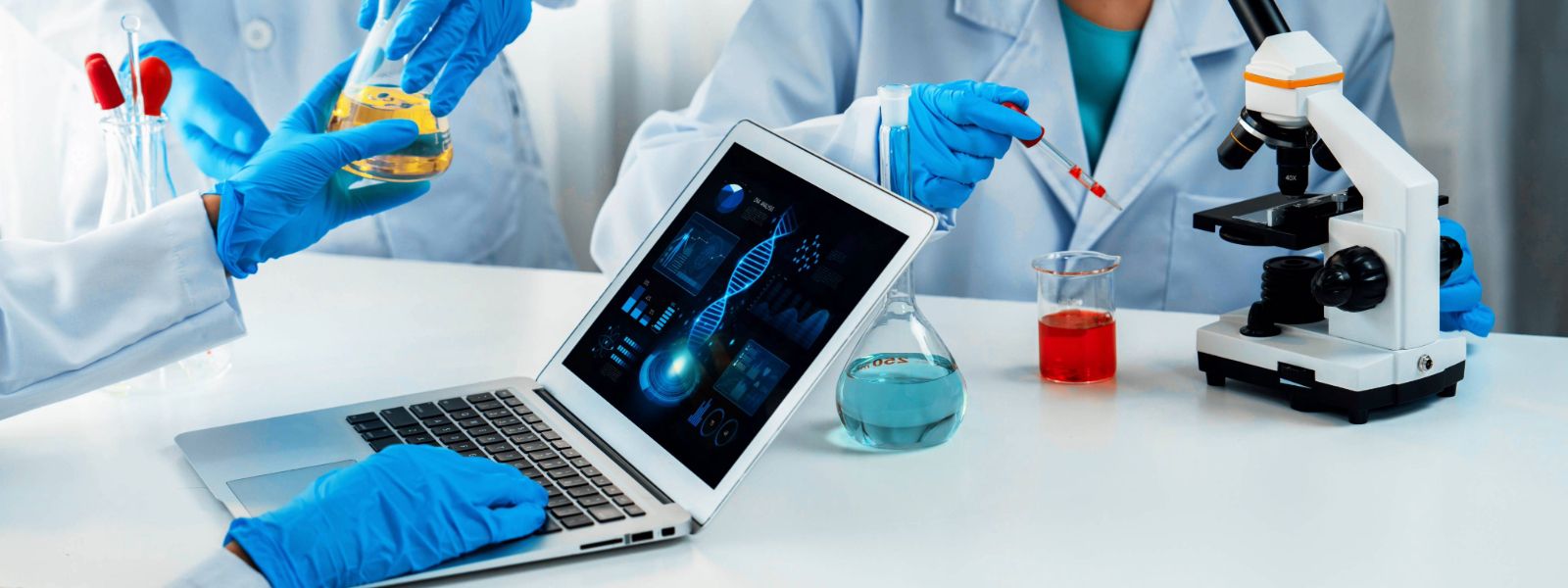Overview
The Advanced Certificate (AC) in Cytotechnology is a one-year, 26 credit, post-baccalaureate graduate program that prepares students for careers as cytotechnologists. It is being offered by Hunter College in collaboration with Memorial Sloan Kettering Cancer Center (MSKCC). The AC in Cytotechnology is accredited by the Commission on Accreditation of Allied Health Education Programs (CAAHEP)* and is New York State Licensure qualifying.
Upon successful completion of the AC, students will be eligible to sit for the national certification examination given by the American Society for Clinical Pathology** Board of Certification. The exam is also approved for NYS licensure purposes. Successful completion of this examination indicates attainment of entry level competency in the profession. Certified individuals are recognized with the designation CT(ASCP) – certified cytotechnologists. Clinical training for the program takes place in the Cytology Service in the Department of Pathology at MSKCC.
The Hunter College Advanced Certificate in Cytotechnology is accredited by the Commission on Accreditation of Allied Health Education Programs (www.caahep.org) upon the recommendation of the Cytology Programs Review Committee (CPRC).


